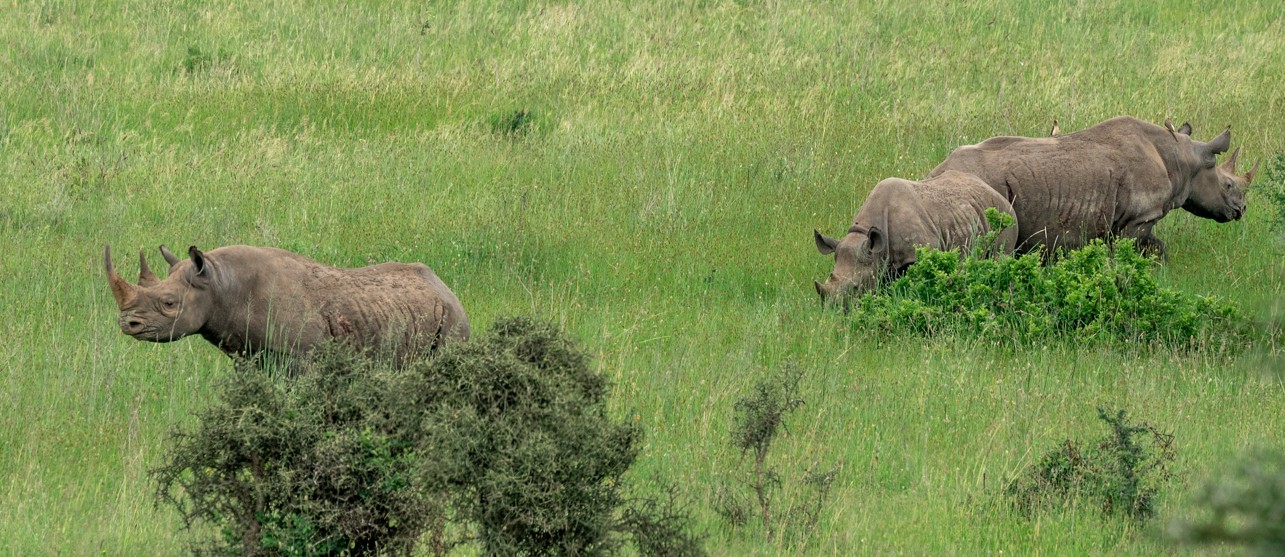Tourists to pay up to Sh11,000 to enter Kenya’s top national parks from October 1

KWS has assured visitors that Kenya remains a competitive and accessible destination for both local and international tourists, with additional revenue directly enhancing wildlife protection and visitor experiences.
Kenyans will, from October 1, 2025, start paying revised conservation fees to access the country’s national parks, reserves, and wildlife sanctuaries, following the approval of the Wildlife Conservation and Management (Access, Entry and Conservation) (Fees) Regulations 2025.
Parliament ratified the regulations on September 25, 2025, marking the first comprehensive revision of park entry fees in 18 years.
More To Read
- Counties intensify pressure on national government over park revenue-sharing model
- Amboseli National Park welcomes rare twin elephant calves
- Court told six KWS rangers abducted missing fisherman Brian Odhiambo
- Maasai community sets aside 1 million acres to protect Amboseli ecosystem
- Ruto presides over historic handover of Amboseli National Park to Kajiado County
- Government gazettes transfer of Amboseli National Park management to Kajiado County
Under the new rates, entry fees for the country’s two premium parks, Amboseli National Park and Lake Nakuru National Park, will increase by 74.4 per cent, rising to Sh1,500 from Sh860 for adult locals and other East African Community (EAC) nationals. Foreign visitors will see charges rise by 50 per cent, from $60 (Sh7,770) to $90 (Sh11,660).
The fee changes also apply to minors. Kenyans and EAC students and children aged between five and 18 will pay Sh750 to enter Amboseli or Lake Nakuru, more than triple the previous rate of Sh215.
More than double
Nairobi National Park fees will more than double to Sh1,000 for locals and Sh10,360 for tourists. Fees for minors and access to other parks—including Tsavo, Meru, and scenic reserves—will also increase significantly.
The Kenya Wildlife Service (KWS) noted that over 90 per cent of its revenue comes from tourism, while 78 per cent of its budget is spent on security.
A pricing study showed that most visitors would accept higher fees if linked to improved services. Despite concerns about reduced visitation, KWS projects revenues to rise to Sh16.58 billion by 2028.
The revised regulations cover a wide range of charges, including daily park entry, special activities such as camping, water sports, guided tours, and other services.
Adults aged 18 and above will pay between Sh500 and Sh1,500, depending on the park, while students and children will pay half these amounts.
Vehicle parking
Fees also apply to vehicle parking, motorbikes, aircraft landings, boats, and organised group activities. Annual passes have been introduced, ranging from Sh10,400 for children to Sh130,000 for a family pass.
Tourism and Wildlife Cabinet Secretary Rebecca Miano said the Ministry is committed to a smooth rollout of the new fees.
“We are working closely with KWS to ensure that visitors experience a smooth transition under the new fee structure,” she said.
KWS Director-General Erustus Kanga confirmed that visitors who had already booked and paid for trips through eCitizen before the announcement would not be affected.
“KWS will honour all eCitizen payments made before this announcement, and the revised fees will therefore apply only to new bookings made from October 1 onwards,” Kanga said.
Annual funding deficit
The new fees aim to address a Sh12 billion annual funding deficit and strengthen the financial sustainability of wildlife conservation.
“This review is not just about revenue, it is about the survival of our wildlife and the resilience of our conservation systems,” Kanga said.
He emphasised that the fee review is part of a broader strategy to reduce reliance on government funding, improve institutional performance, and enhance the resilience of conservation systems.
“The new fee structure will support anti-poaching operations, habitat restoration, human-wildlife conflict mitigation, modernised infrastructure and conservation education,” he said.
The update followed a year-long consultative process with stakeholders across tourism, conservation, and the public.
The draft regulations were published in the Kenya Gazette on July 9, 2025, and were open for public comment before final approval.
KWS has assured visitors that Kenya remains a competitive and accessible destination for both local and international tourists, with additional revenue directly enhancing wildlife protection and visitor experiences.
Top Stories Today














































